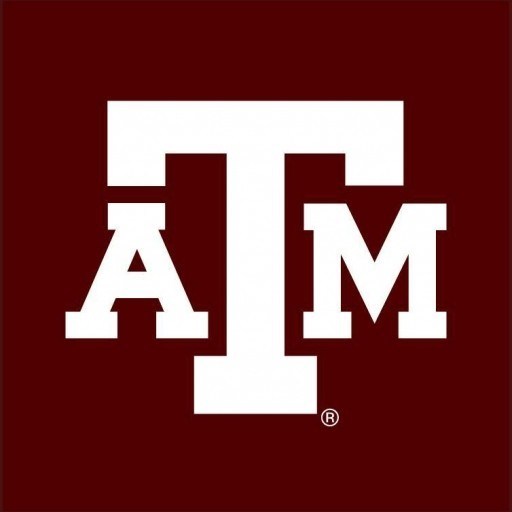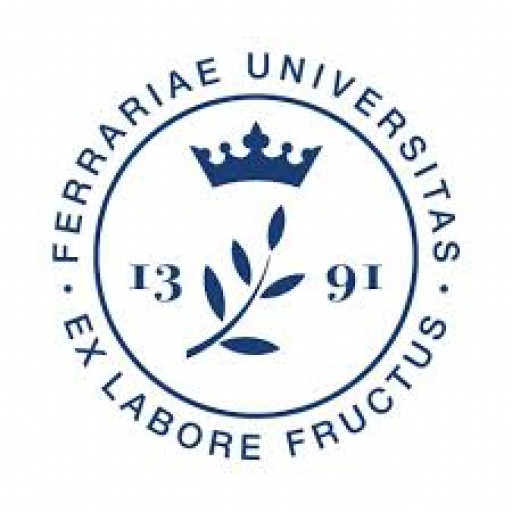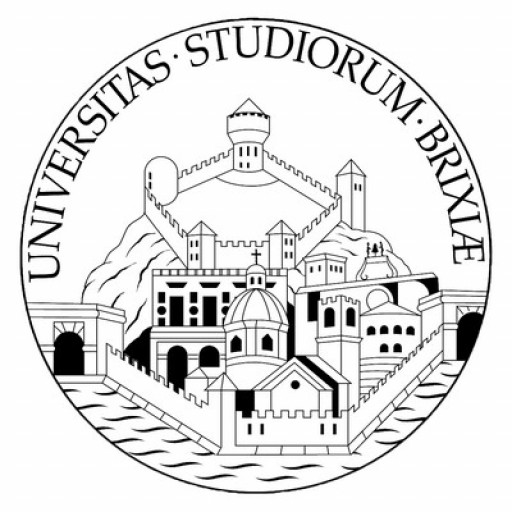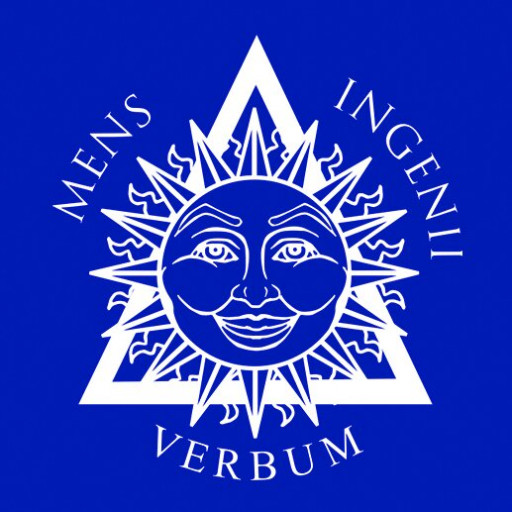Photos of university / #tamu
About the Programm
The Educational Technology Program at Texas A&M explores the role that established and emerging technologies can play in improving education. Classes focus on the design, development, and implementation of effective instruction for a variety of audiences and settings, including K-12 schools, higher education, and training/professional development in business, industry and government. Students in our program develop a thorough grounding in instructional design, learning theory, and innovative educational practices supported by technology. Additionally, they acquire and hone their skills in using powerful technology-based tools to develop and deliver educational materials.
Graduates of our M.Ed. program are employed in a variety of fields:
- in K-12 schools as technology administrators, professional development specialists, and classroom teachers
- in industry and higher education as instructional designers, evaluators, and managers
- in small businesses as designers and developers of training programs, educational websites, videos, and games; and in a wide variety of other positions and settings.
Our students come from a variety of backgrounds: in-service teachers; trainers from industry, health care, and the military; and graduates of different subject areas who decide they want to apply their skills and expertise within an educational context; just to name a few. This diversity of backgrounds means that students work with peers who have a wide range of experiences, skills, and interests, leading to a rich learning environment and a great network of contacts and friends that lasts long after completing the program.
Required courses
- EDTC 602: Educational Technology Field, Theory and Profession
- EDTC 654: Instructional Design
- EPSY 602: Educational Psychology
- EPSY 673: Learning Theories
- EPSY 622 or EPSY 636: Measurement and Evaluation in Education or Techniques of Research
Elective Courses
- EDTC 608: Online Course Design
- EDTC 613: Integrating Technology in Learning Environments
- EDTC 621: Graphic Communication and Interface Design
- EDTC 631: Educational Video
- EDTC 641: Educational Game Design
- EDTC 642: Designing for Mobile Learning
- EDTC 645: Emerging Technologies for Learning I
- EDTC 646: Emerging Technologies for Learning II
- EDTC 651: E-Learning Design and Development
- EDTC 683: Practicum
- EDTC 684: Internship
- EDTC 685: Directed Studies
- EDTC 689: Review of Research in Educational Technology
- EPSY 624: Creative Thinking
- EPSY 635: Educational Statistics
- EPSY 646: Issues in Child and Adolescent Development
- EPSY 679: Research on Teacher Effectiveness
Required Documents
- ESSAYS
- $90 PROCESSING FEE
- OFFICIAL HIGH SCHOOL TRANSCRIPT
- OFFICIAL SAT or ACT Scores (including optional essay)
- PROOF OF ENGLISH PROFICIENCY
- a minimum TOEFL score of: 550 for paper-based testing (p-BT) or 80 internet-based testing (i-BT) or a minimum IELTS score of 6.0 overall band
Scholarship Information
1) International Student Financial Aid Application (ISFAA)
As an International student, you may qualify for a few programs depending upon your visa status.For the 2016-2017 academic year, please download the ISFAA (International Student Financial Aid Application from the FORMS page. The priority date to submit the ISFAA is May 1. Completion of the ISFAA does not guarantee that aid will be awarded. With a U.S. co-signer, you may also be eligible to apply for an Alternative Student Loan.
2) Industrial Affiliates Program (IAP).
These scholarships are $1,000 and are available to undergraduate and graduate students, based on need and merit. The number and amount of these scholarships are based upon contributions from corporate sponsors and may vary from year to year.
3) 2016 FIRST Scholarship Opportunities
- In support of the FIRST (Application Link - filter by State) mission, the Department of Computer Science and Engineering is offering one (1) merit-based scholarship for $1,000 to high school seniors who have participated on a FIRST team during their school career.
- This scholarship must be utilized for undergraduate courses in either computer science or computer engineering in the Department of Computer Science and Engineering at Texas A&M University in College Station, Texas.
- Each recipient must meet the regular academic requirements for admission to Texas A&M University and the College of Engineering.
- Deadline is January 15 of each year
4) Southerland Aggie Leader Scholarship
Eligibility: Undergraduates, graduates, and professional students; minimum cumulative GPR of 2.5 at Texas A&M










